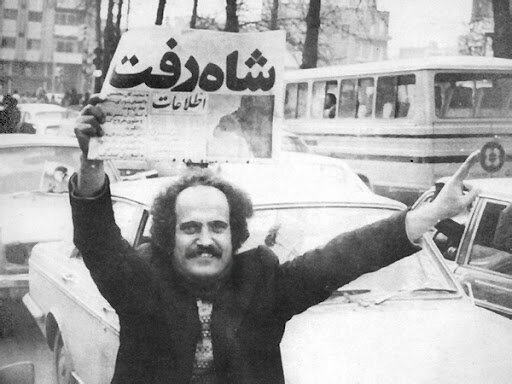
Differences within the European Union over the looming carbon border tax has given India an opportunity to pitch for some relief from its onerous requirements that are expected to hurt exports to one of the country’s largest trading partners. As the EU prepares to implement the Carbon Border Adjustment Mechanism (CBAM) in 2026, internal disagreements from Poland, Germany, and France, besides other Eastern European countries, have surfaced. India plans to capitalize on these divisions to demand tweaks in the norms while raising the issue at the World Trade Organization’s 14th Ministerial Conference in March, two people aware of the matter said on condition of anonymity.
"There has been a growing demand for tweaking the norms from some member states,” the first of the two people said. “Though we have been raising concerns about this right from the inception stage, we will push our demand at the WTO and other platforms. The norms are very anti-competitive.

" Also read | India to set up a carbon trading, green bond regulator Besides, in the upcoming free-trade agreement (FTA) talks with the bloc, India will seek easier norms to protect the economic interests of local businesses, the two people said. The key demands include protecting the commercial confidentiality of exporters' data, especially for small businesses—or the micro, small and medium enterprises (MSMEs) —and easing CBAM's complex compliance requirements. Queries emailed to the commerce ministry remained unanswered till press time.
CBAM's potential impact The CBAM, part of the European Green Deal to curb greenhouse gas emissions by at least 55% by 2030, imposes a carbon price on imports of certain products from outside the bloc to prevent carbon leakage. That would impose financial and operational burden, increasing costs for industries in developing economies, especially in India. The mechanism is expected to impose an additional 25% tax on carbon-intensive goods exported from India to the EU, according to a July report by the Centre for Science and Environment.
This tax burden could represent 0.05% of India's GDP. "If the CBAM comes into force in its current form and shape, it will result in higher costs," the first person quoted earlier said.
Also read | India to come up with mitigation action for high carbon-emitting sectors like steel, cement, refineries, fertilisers According to the European Commission, EU is India's largest trading partner with goods volume worth €124 billion in 2023, accounting for 12.2% of India's total trade. The bloc is also the country's second-largest export destination with a share of 17.
5%, after US's 17.6%. As a developing economy, India is prioritizing its case to ensure that CBAM does not disproportionately impact manufacturing growth and trade prospects.
Rift within EU Meanwhile, Poland has legally challenged the CBAM regulation, arguing that its fiscal nature requires unanimous approval rather than a qualified majority. Polish climate secretary Urszula Zielińska has called for a re-evaluation, citing concerns over the mechanism’s potential economic impact. In Europe, Poland is the most dependent on fossil fuels for its energy security, producing around 70% of its power from coal.
The country’s government opposed the law on the grounds that it imposes the cost of energy transition on those who are “less well-off". France, although a proponent of stringent climate policies, has expressed reservations about the administrative burden and trade implications associated with CBAM, further highlighting the divisions within the EU. Other EU member states that have expressed concerns regarding CBAM's potential economic impacts and administrative complexities include Germany and Bulgaria.
Also read | India-EU free trade negotiations to include discussions on Europe’s carbon tax “CBAM needs to be opposed at all forums, including in bilateral discussions, as it requires MSMEs to make numerous operational adjustments, significantly increases price points, and still offers no guarantee of contract renewals in case of non-compliance," said Vinod Kumar, president, India SME Forum. "The talks are ongoing to soften the regulation for a better global ecosystem for all manufacturing sectors, particularly steel, aluminium, cement, fertilizers, and electricity." The second of the two people quoted earlier said, "The European Union's decision to postpone the implementation of its deforestation regulation by one year, shifting the effective date from 30 December 2024 to 30 December 2025, can be viewed as a positive signal.
" During the free-trade deal negotiations, India is likely to seek additional time before MSMEs are subjected to the proposed mandatory tariff on carbon-intensive imports. The next round of India-EU free trade agreement talks is expected in the first quarter of 2025. The ninth round of negotiations was held from 23–27 September in New Delhi.
And read | India begins pre-consultation meetings for COP29, govt to take call on CBAM levies, says Bhupendra Yadav.















